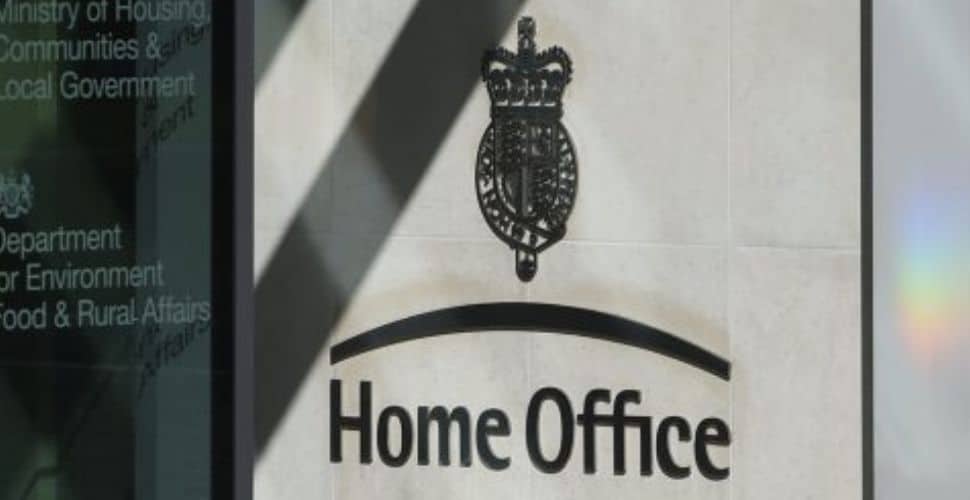Eleanor Lyons, the independent anti-slavery commissioner, has valid reasons to declare the UK’s modern slavery support system “deeply broken.” Research indicates that victims of modern slavery are opting to remain with their exploiters instead of seeking assistance from government programs meant to help them.
Why? Migrants who face exploitation lack trust in a UK government that increasingly appears hostile toward them. Many are concerned that seeking help will result in deportation. In fact, traffickers weaponize the government’s antagonistic rhetoric and the fear of deportation to keep their victims in exploitation.
Failing to protect modern slavery victims for a decade
Nearly ten years after its enactment, the Modern Slavery Act, a crucial law, is failing to safeguard trafficking victims. According to a report from Nottingham University’s Rights Lab, refusals to seek assistance from the government’s support network for trafficking victims are at a record high.
The Guardian, which has exclusive access to this report, highlights these findings:
Potential victims who come into contact with the authorities but do not want to use the National Referral Mechanism (NRM) are recorded in statistics known as duty to notify. These reports have soared by more than 630% since 2016 – from 762 in 2016 to 5,598 in 2024 – a sign victims are losing trust in the system.
Fear of deportation is the primary reason victims are rejecting support[…] Many victims believe the NRM is a trap that leads to immigration enforcement rather than protection. Hostile immigration policies and inflammatory language from the government is scaring victims away from the systems supposed to protect them, it found.
A second report by the Modern Slavery and Human Rights Policy Evidence Centre found that since the act was introduced, the percentage of prosecutions has remained extremely low. Alicia Heys, who authored the study, said:
“Part of the intention behind the Modern Slavery Act was to ensure that perpetrators receive suitably severe punishments, yet 10 years after the introduction of the act, conviction rates remain low. Sometimes, offenders are pursued under different legislation, for example relating to drugs or controlling prostitution, which misrepresents survivors’ experiences.”
To which Lyons said, “It’s heartbreaking but not surprising that more and more potential victims of modern slavery are saying no to help.”
Further evidence of UK government turning its back on protecting migrants
The newly released Immigration White Paper demonstrates the UK government’s growing hostility toward migrants. It outlines the current administration’s future strategies—not legally binding yet, but politically revealing. Prime Minister Keir Starmer’s speech introducing the paper stoked concern among migrant rights advocates, referencing Britain becoming an “island of strangers,” reports The Guardian. These remarks, coupled with the paper’s contents, reinforce the message that migrants are unwelcome. It’s no surprise, then, that people feel unsafe asking the state for help.
Worryingly, the paper contains no plans to address the widespread exploitation of migrant workers. Instead, it proposes extending the period before migrants can apply for permanent settlement from five to ten years. This move impacts an estimated 1.5 million people who arrived since 2020—migrants who now face a more precarious and prolonged temporary status. Combined with the UK’s tied visa sponsorship system, which binds workers’ legal status to their employer, these changes increase migrants’ vulnerability to abuse. They risk creating conditions in which workers fear leaving exploitative jobs, knowing that their immigration status—and thus their right to remain—hangs in the balance.
Lyons said,
“When fear of deportation outweighs the promise of protection, when there are few consequences for criminal perpetrators, and when people feel safer staying in exploitation than entering the system that’s meant to help them, something is deeply broken.”
Migrants are right to be distrustful—the government has failed them. And unless its trajectory changes, it plans to continue doing so.
Take action to demand that governments implement genuine anti-trafficking safe migration policies.







Freedom United is interested in hearing from our community and welcomes relevant, informed comments, advice, and insights that advance the conversation around our campaigns and advocacy. We value inclusivity and respect within our community. To be approved, your comments should be civil.